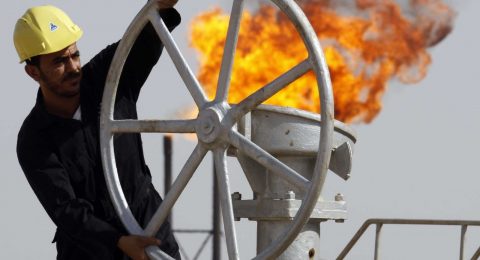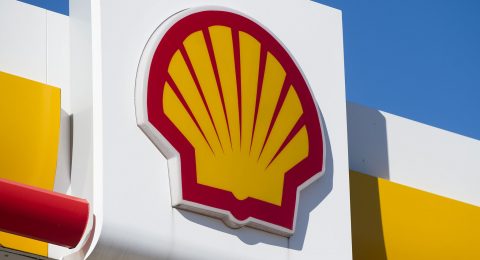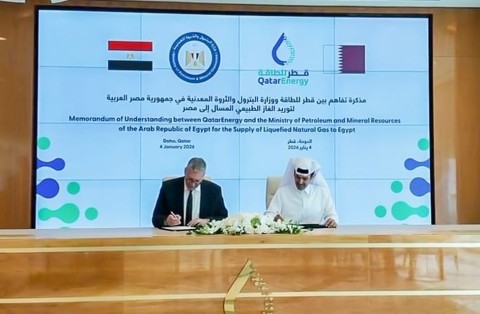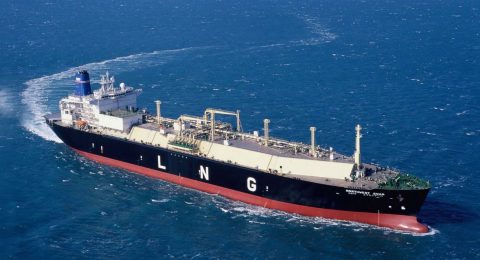Angola LNG is to start regular exports of LNG in late June after shipping tests next month and will target non-US buyers in Europe and Asia where prices are higher, oil minister Jose Botelho de Vasconcelos said on Tuesday.
De Vasconcelos also said plans by French oil major Total to cut output at its Girassol platform in June for works do not threaten the government’s target to produce an average of 1.8 million barrels of crude per day this year, Reuters reported.
The 5.2-million-tonnes-per-annum Angola LNG project is led by Angola’s state-owned oil company, Sonangol, which has a 22.8% stake and Chevron, which holds 36.4%. Eni, Total and BP each hold a 13.6% stake.
The plant, built in Soyo in northern Angola at an estimated cost of $10 billion, was initially set to start exporting in the first quarter.
“The project is practically in its final phase and we now see the forecast date (for regular shipments) in the third quarter, towards the end of June,” De Vasconcelos told reporters in parliament, according to Reuters.
He added that a shipping test would be conducted next month and the plant officially inaugurated in June.
Angola LNG’s plans to turn its focus away from US buyers occurs in the wake of a rapid increase in US shale gas production brought about by new drilling and extraction technologies, De Vasconcelos said.
He said while the price of gas in the US market is hovering around $2 per million British thermal units, in Europe it sells for between $6 and $8, and at around $13 in Asia.
Trading sources told Reuters last week that Asian LNG spot prices for May and June delivery exceeded $17 per MMBtu, supported by record demand from Japan, as the world’s top buyer increases gas-fired power generation after last year’s Fukushima nuclear disaster.
Angola’s parliament on Tuesday unanimously approved the creation of a new unit of Angola LNG specifically to re-direct the sales to new markets.
The new unit, which will be a service provider and will not trade the gas, will market through short- or medium-term spot sales, with the shorter period ones via tender.
According to the revised LNG law approved by parliament, prices for sales to new markets will be agreed for each cargo, in contrast to the quarterly price-setting for shipments to the US.
De Vasconcelos added that though average crude output came in at around 1.7 million bpd in the first quarter, the government is working to meet its target, an increase on 2011’s average of 1.64 miliion bpd.
“There are still no signs that we may have to take a new decision in terms of the output for this year,” he said.
The government has set an estimated price of $77 per barrel in the budget for this year.
Source: Upstream Online











